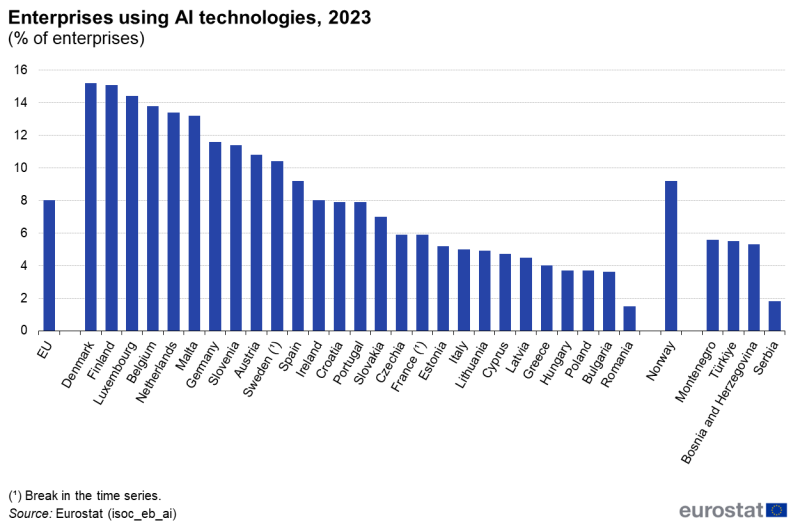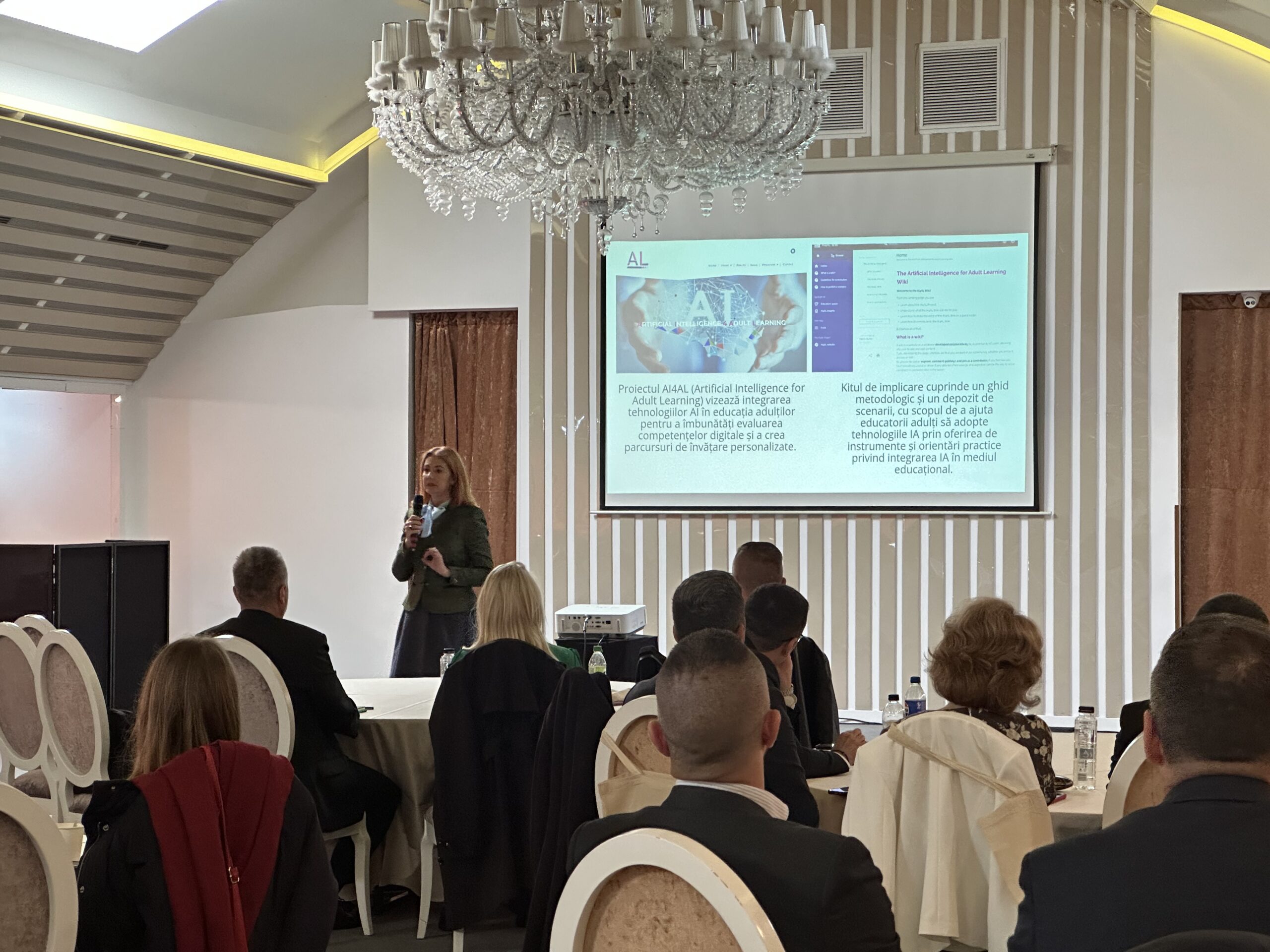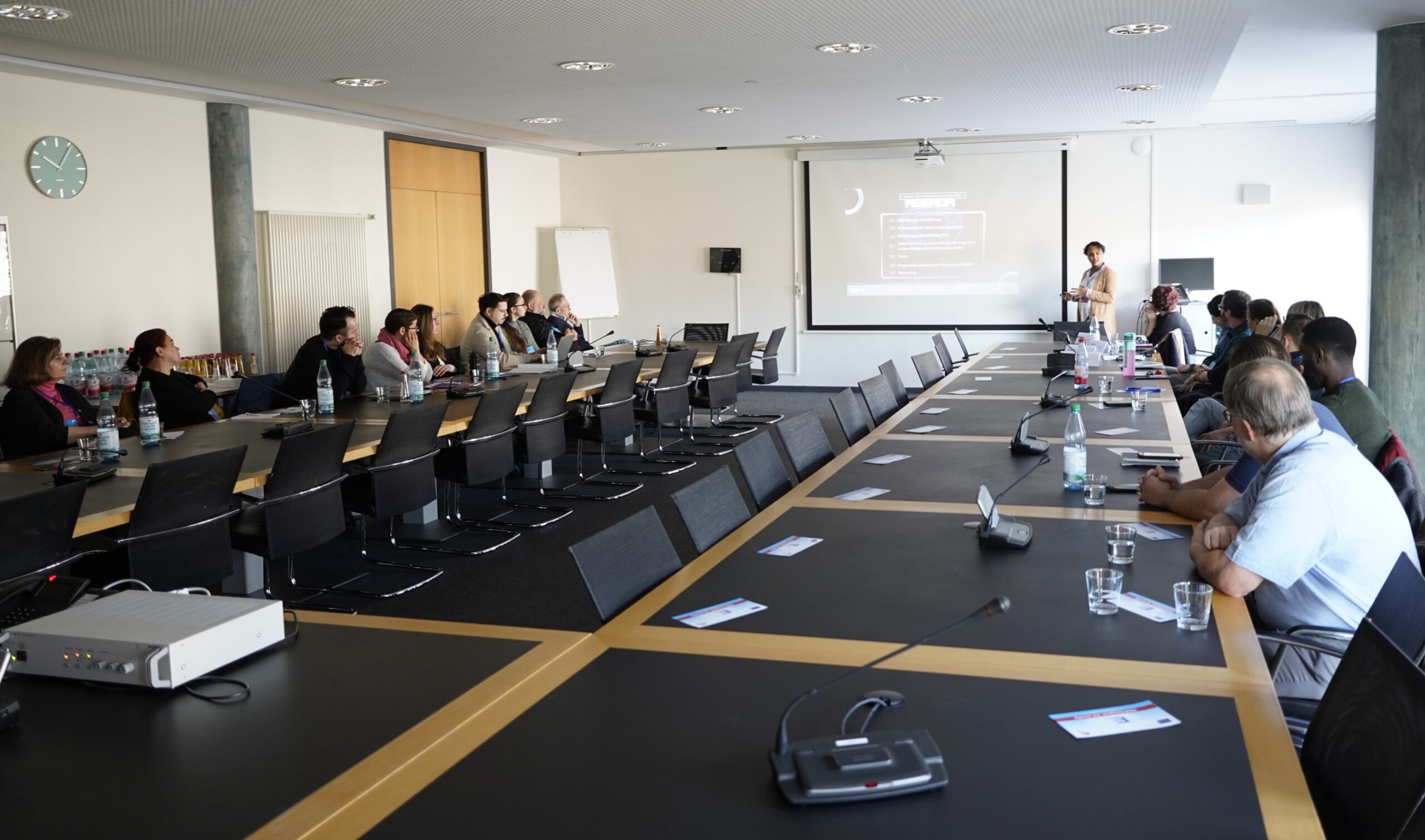Artificial intelligence (AI) has emerged as a transformative force in modern technology, covering a range of applications such as text mining, computer vision and machine learning. While its use can be a matter for debate, it can also be a real asset. In the European Union (EU), the adoption of AI varies considerably from company to company in 2023, with less than one in ten using AI technologies.
According to Eurostat data, only 8% of EU companies with more than 10 employees or self-employed reported using AI technologies. These technologies included AI for written language analysis, machine learning, workflow automation, speech-to-text conversion, image recognition, language generation and autonomous decision-making.

Adoption rates are significantly different between large and small companies, with 30.4% of large companies integrating AI compared to 6.4% of small companies. This disparity can be attributed to the complexity of implementing AI technologies in businesses.
Looking at specific AI technologies, most EU companies are using AI for workflow automation (3%), followed by AI for written language analysis (2.9%) and machine learning (2.6%). Larger companies reported significantly higher usage rates, ranging from 4 to 6 times those of smaller companies.
A breakdown by EU Member States revealed that Denmark and Finland were the leaders in AI adoption, with over 15% of businesses integrating AI technologies. In contrast, countries such as Hungary, Poland, Bulgaria and Romania are lagging behind, with adoption rates below 4%.

This research highlights the disparities in the adoption of AI by businesses in the EU, and shows the need for greater efforts to facilitate the widespread integration of AI technologies and realise their potential benefits for businesses in the region.
Source: Eurostat







